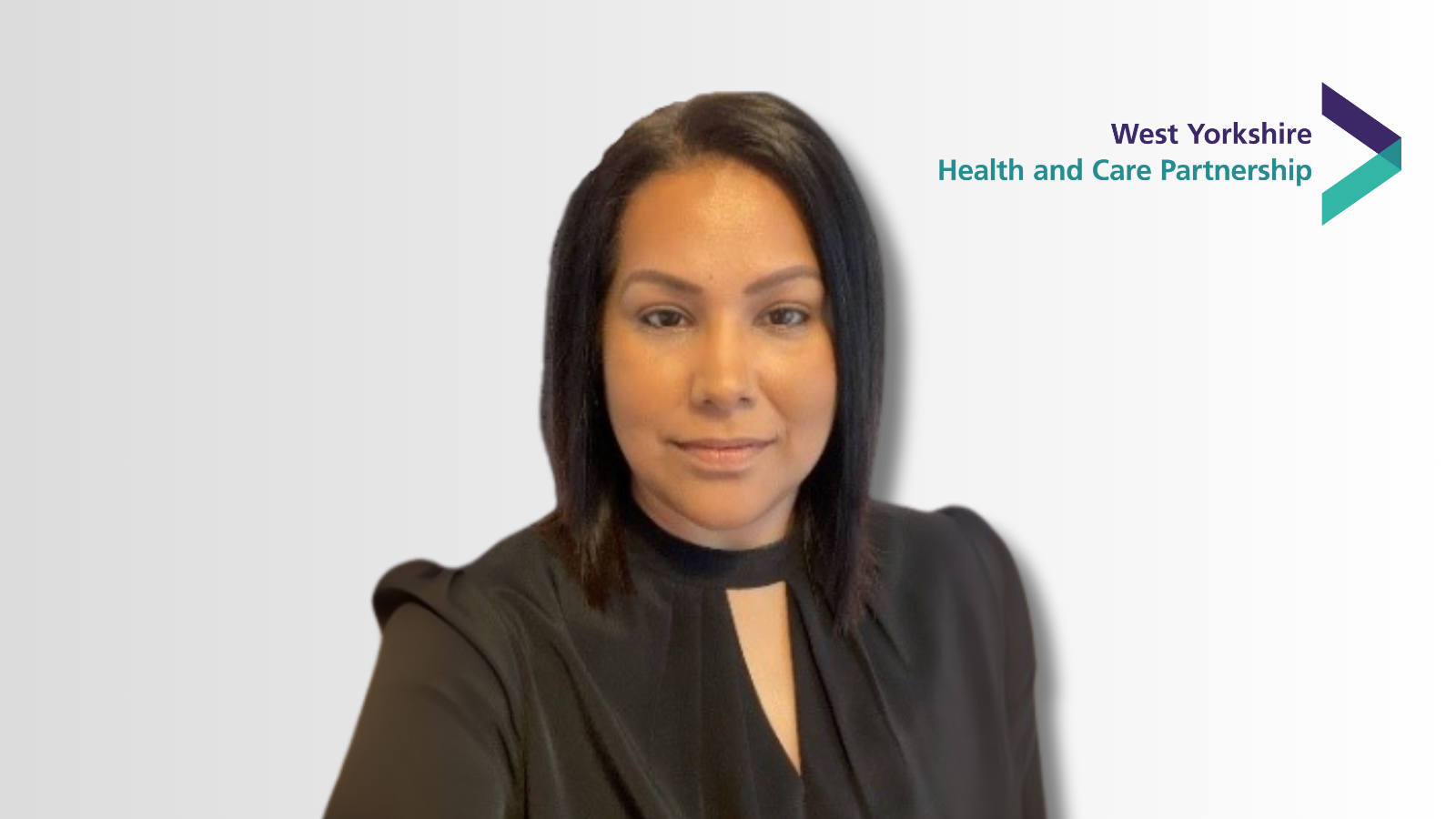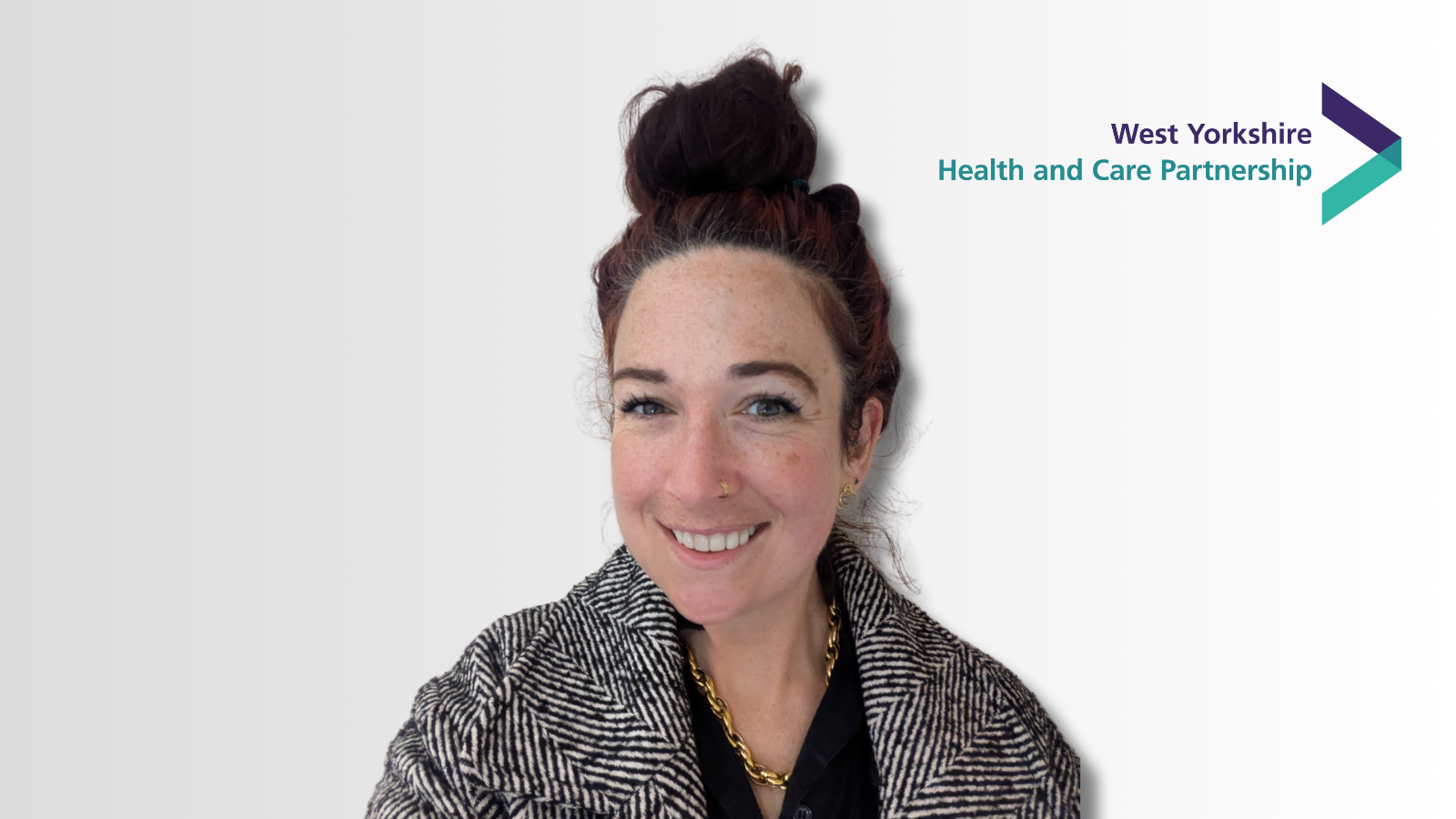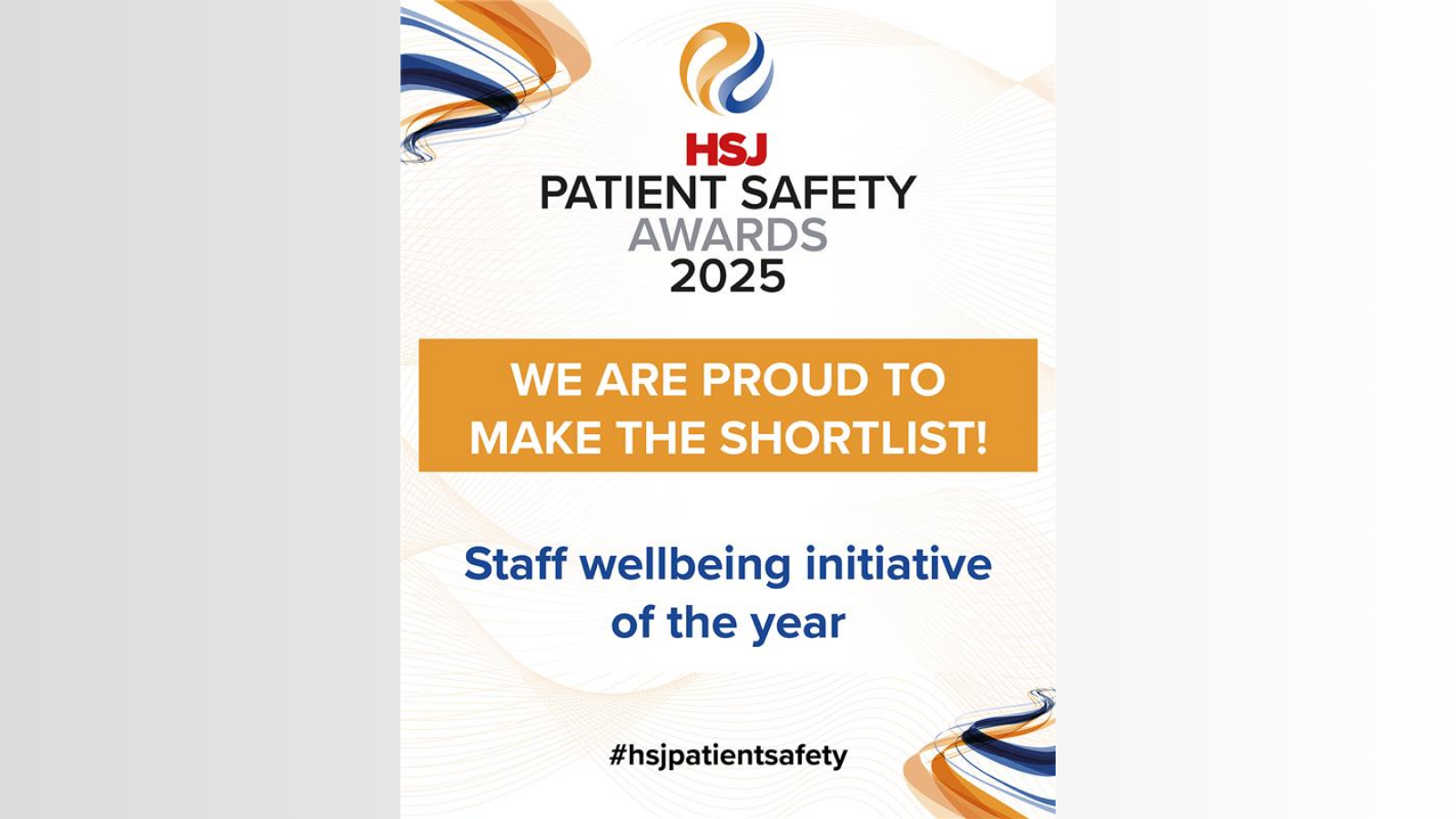She was speaking of the missed opportunities to intervene early, and it was only until the ‘measured metric’ in this case GCSEs were negatively impacted that someone asked what support was needed, by which time sadly it was too late. This is a common theme that is often heard, and I believe to deliver reform in an integrated way, we must begin by truly listening to the people most impacted by late intervention. Sometimes all it takes is for one person to notice that additional support may be needed to help a child reach their potential. We must find the courage to lead in a meaningful way that enables co-design of holistic solutions with communities as equal partners.
I recognise this can be difficult, especially at such a time where we find ourselves amidst large scale organisational change within the NHS. The future remains uncertain but what is clear is that inequality continues to shape the access, experiences and outcomes of children and young people, especially for those that are most vulnerable. Leading transformational change amongst the current uncertainty is challenging and it can be easy to lose sight of voices that are seldom heard. However, when we pause and make the concerted effort to hear directly from local communities, it should remind us of ‘why it matters’ and why we must not allow the current context of change, distract us from doing the important work.
The development of integrated neighbourhood health (INH) models offers an exciting opportunity to deliver early, joined-up care for families who need it the most. Closer working between primary and secondary care services can lead to better met need. But the real potential lies in extending these partnerships. When education, social care, the voluntary community and social enterprise sector and the voices of families are included from the outset, we lay the foundations for multi-disciplinary teams to make meaningful and lasting change.
This is the future of neighbourhood working, where need is met early in a holistic way and without the revolving door of crisis management, placement breakdown or unnecessary hospital attendances.
Promising work is also underway across our region that shows what is possible when we collaborate early in a meaningful way with purpose. This includes the design of a ‘proactive behaviour service’ in Leeds that is helping support the workforce and foster carers with recognising when to intervene early if a social care placement is at risk of breakdown.
Elsewhere, we are seeing improved signposting for children that are on hospital waiting lists, the introduction of jointly led complex case panels and the use of the dynamic support registers across all places in West Yorkshire to prevent crisis management. A West Yorkshire escalation panel, led by mental health, learning disability and autism partners, has also been introduced in an approach to recognise and meet need early. And partners in Wakefield have launched a Fostering Hub Home model for strengthened transition between residential and foster care.
It is also encouraging to see the ethos of Mission 44, which aims to support every child to thrive in a fairer and inclusive world, being embraced by some schools within our region. This has included the introduction of coaching for students which has been positively received by young people.
I will leave you with a question. In collaboration with others, how can you use your positional power to intervene early when considering the complex support needs of children and young people? I would argue not only is it within our gift to do so as leaders within health and care, but it is also our moral obligation.
As we look ahead to the weekend, I share my parting thoughts with you:
- leading transformational change takes courage - starting something that no-one else has done before is hard but that doesn’t mean it can’t be done
- never underestimate the power of coaching and restorative practice
- every child needs just one person to believe in them
I hope you have a lovely weekend,
Sayma


 Children with complex support needs are among the most vulnerable in our communities. Yet too often, their needs go unrecognised until crisis point. In our evolving health and care landscape, it is more important than ever that we act early and act together.
Children with complex support needs are among the most vulnerable in our communities. Yet too often, their needs go unrecognised until crisis point. In our evolving health and care landscape, it is more important than ever that we act early and act together. To mark Diabetes Awareness Week which took place earlier this month, Roz Bradshaw, Head of the Improving Population Health Programme at the ICB, reflects on the highs and lows of living with diabetes and the importance of being seen, valued and cared for.
To mark Diabetes Awareness Week which took place earlier this month, Roz Bradshaw, Head of the Improving Population Health Programme at the ICB, reflects on the highs and lows of living with diabetes and the importance of being seen, valued and cared for. West Yorkshire Hub’s racial trauma work is shortlisted for HSJ patient safety award
West Yorkshire Hub’s racial trauma work is shortlisted for HSJ patient safety award UK Kidney Week 2025 - West Yorkshire projects take the spotlight
UK Kidney Week 2025 - West Yorkshire projects take the spotlight